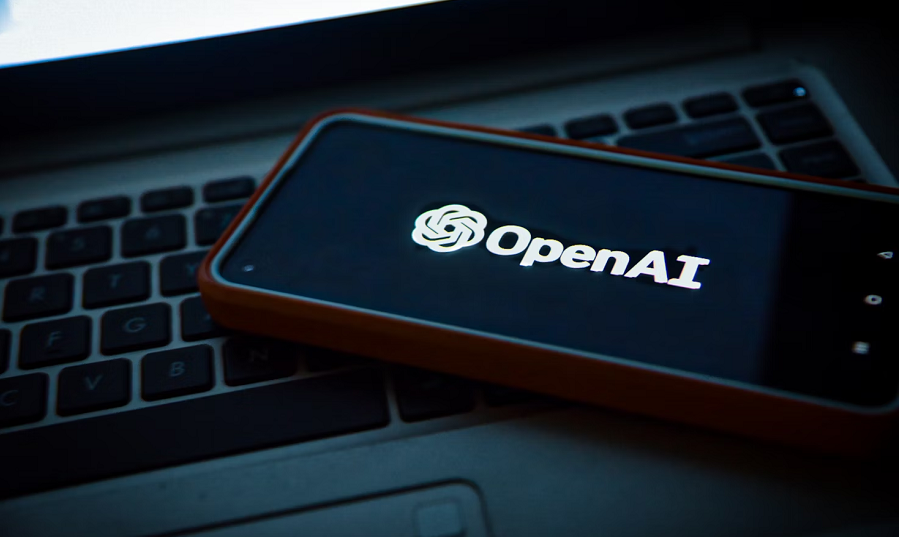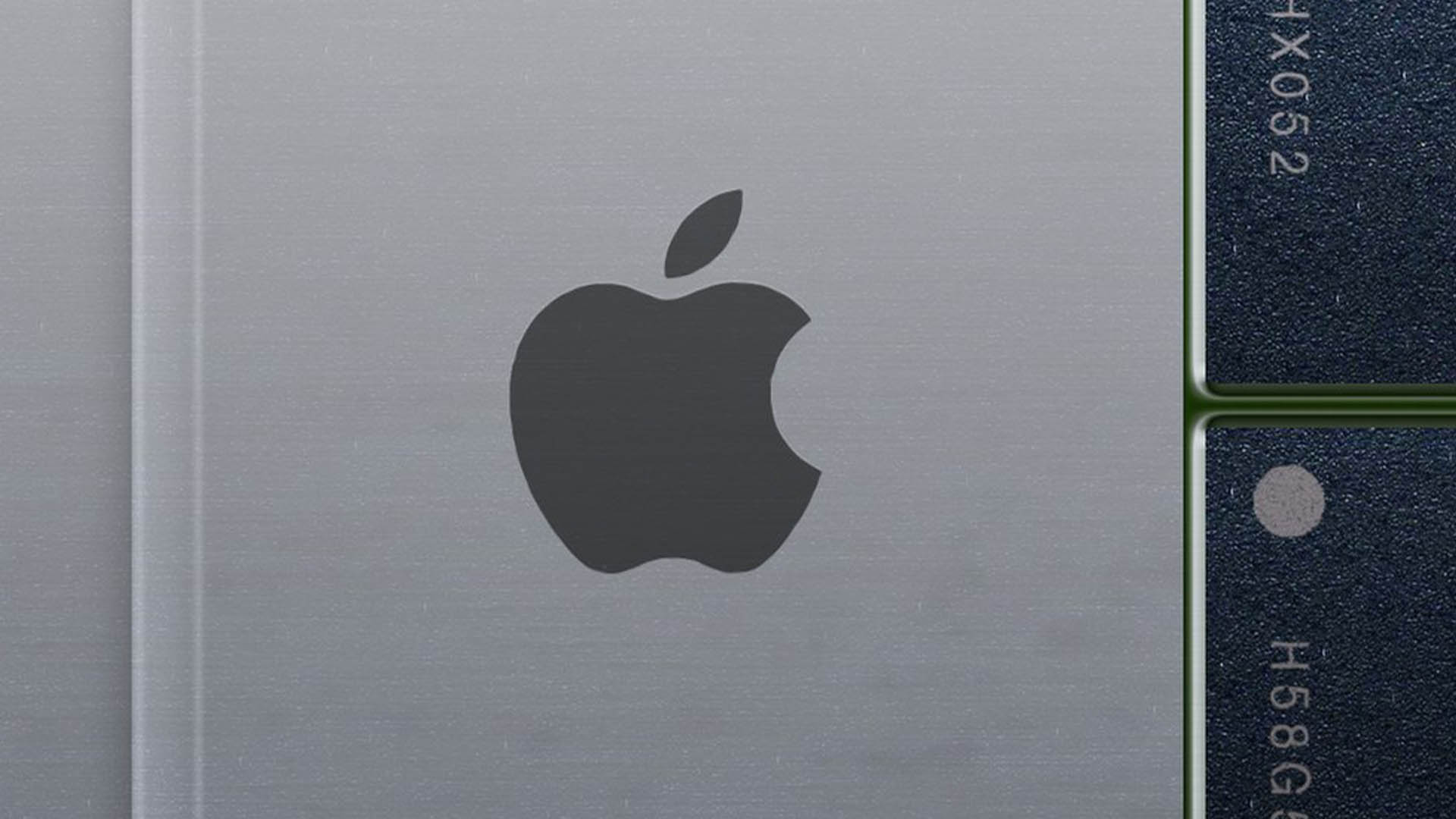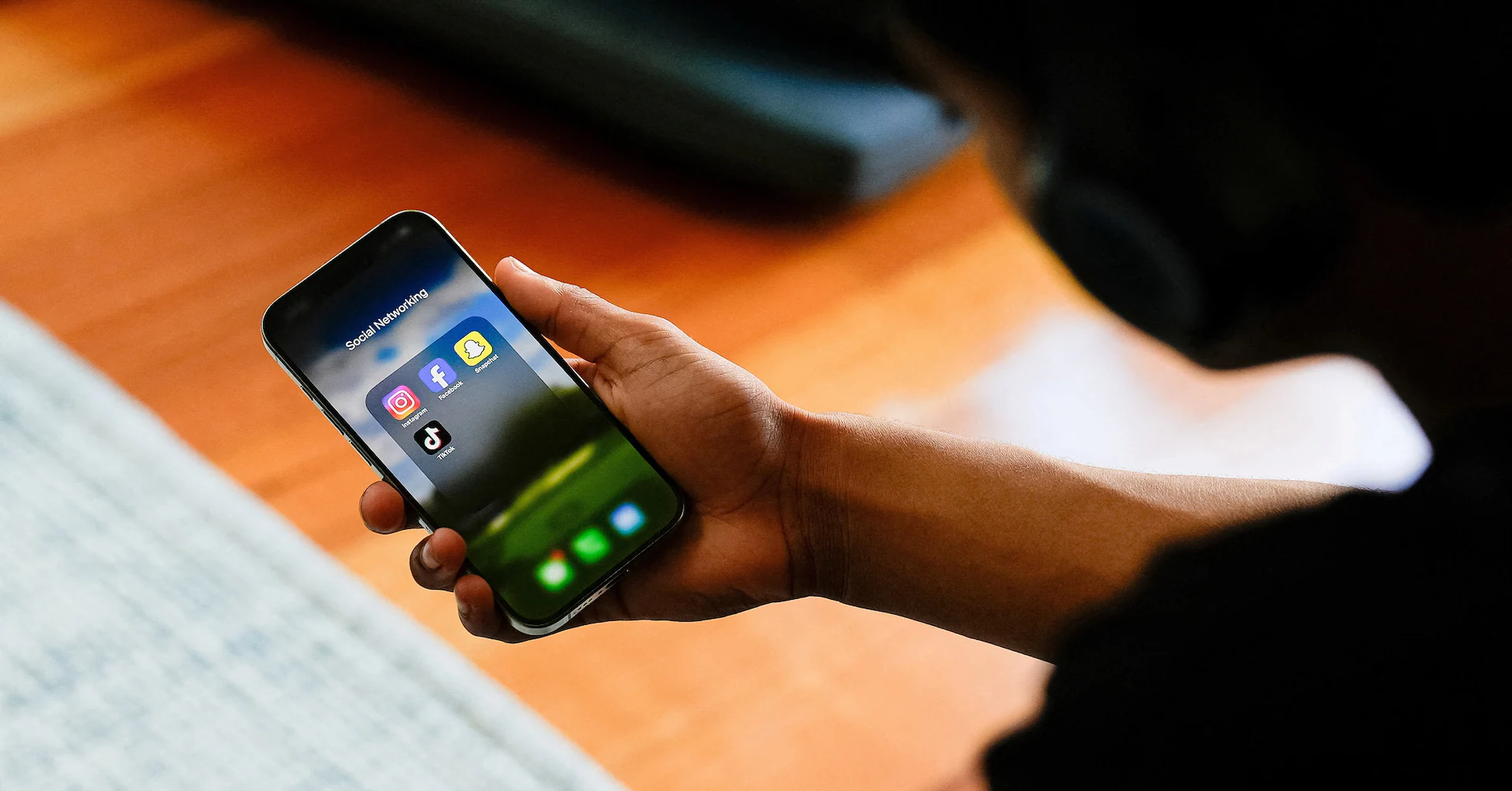
OpenAI reportedly plans to launch its first consumer device in late 2026 or early 2027.
The Information today cited sources as saying that the ChatGPT developer has poached dozens of Apple Inc. employees to support its product development effort. Additionally, OpenAI is believed to have inked a manufacturing contract with one of the iPhone maker’s biggest suppliers.
Word that OpenAI plans to enter the consumer electronics market first emerged more than two years ago. Jony Ive, Apple’s former Chief Design Officer, confirmed the initiative last September. A few months later, the ChatGPT developer bought a product development company founded by Ive in a $6.5 billion deal.
OpenAI has reportedly poached more than two dozen product development professionals from Apple since the acquisition. The new hires are believed to include hardware engineers and designers. They worked on the iPhone maker’s wearables, user interfaces, cameras and audio technology.
OpenAI has reportedly offered stock grants worth more than $1 million as part of its push to recruit Apple employees. In addition, the artificial intelligence provider is promising less bureaucracy in product development initiatives. The effort appears to be bearing fruit: The Information’s sources said that OpenAI has received an “influx” of inquiries from Apple staffers.
The report also sheds new light on what devices the AI provider could bring to market. A smart speaker without a display, smart glasses, a digital voice recorder and a wearable pin are among the product ideas that executives have reportedly floated.
Building a wearable pin may not be OpenAI’s first priority given that recent attempts to popularize the form factor have fallen short. If OpenAI opts for smart glasses, it could face competition from Meta Platforms Inc., which already has a presence in the product category. The Facebook parent introduced three new smart glasses earlier this week.
The flagship device in the series, the $799 Meta Ray-Ban Display, includes an in-lens screen that can display content such as notifications. It also ships with a wristband called the Neural Band. The companion device allows users to control the in-lens screen with hand gestures.
The Meta Ray-Ban Display provides access to the company’s Meta AI voice assistant. The software can translate text on menus, provide walking directions and perform other tasks. OpenAI may seek to offer similar AI features if it decides to enter the smart glasses market.
The ChatGPT developer has reportedly contracted Luxshare, an Apple supplier that assembles iPhones and AirPods, to make at least one of its planned devices. It’s believed OpenAI may also partner with another Apple supplier called Goertek. In May, Chief Executive Officer Sam Altman told employees goal is to eventually ship 100 million devices.



